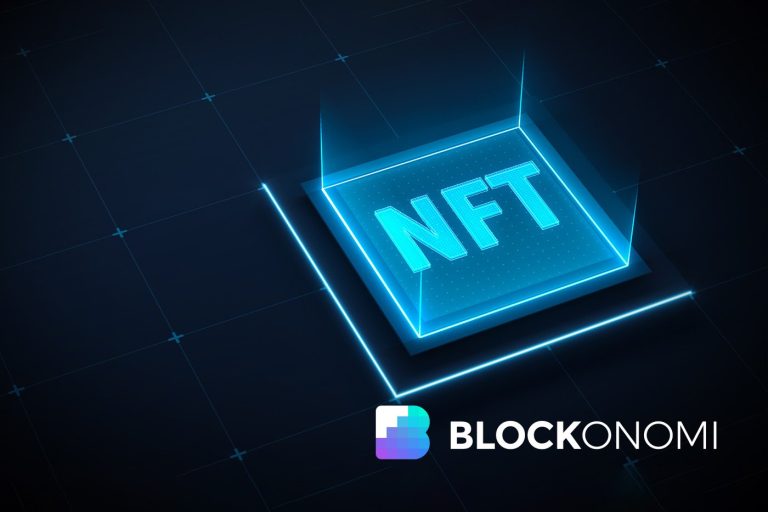
Navigating the Future: Emerging Trends in Fintech Technology
Navigating the Future: Emerging Trends in Fintech Technology is an exciting and rapidly evolving field that is transforming the way we think about financial services. With the rise of digital payments, mobile banking, and online lending, the fintech industry is revolutionizing the way we manage our finances and conduct financial transactions.
Introduction to Fintech
Fintech, short for financial technology, refers to the use of technology to improve and automate financial services. It encompasses a wide range of products and services, including mobile payments, online lending, digital wallets, and cryptocurrency. The fintech industry has experienced rapid growth in recent years, with new startups and innovations emerging every day.
Emerging Trends in Fintech
There are several emerging trends in fintech that are shaping the future of financial services. Some of the most significant trends include:
- Artificial Intelligence (AI) and Machine Learning (ML): AI and ML are being used to improve customer service, detect fraud, and optimize financial processes. Many fintech companies are using AI-powered chatbots to provide customer support and help with transactions.
- Blockchain and Cryptocurrency: Blockchain technology is being used to create secure and transparent financial systems. Cryptocurrencies such as Bitcoin and Ethereum are becoming increasingly popular, and many fintech companies are exploring their use in payments and other financial applications.
- Mobile Payments and Digital Wallets: Mobile payments and digital wallets are becoming increasingly popular, with many consumers using their smartphones to make payments and store their financial information. Fintech companies such as Apple Pay, Google Pay, and Samsung Pay are leading the way in this area.
- Online Lending and Crowdfunding: Online lending and crowdfunding platforms are providing new opportunities for individuals and businesses to access capital. Fintech companies such as Lending Club and Kickstarter are leading the way in this area.
- Regulatory Technology (Regtech): Regtech refers to the use of technology to improve regulatory compliance and risk management. Many fintech companies are using regtech solutions to ensure that they are complying with regulatory requirements and managing risk effectively.
The Future of Fintech
The future of fintech is exciting and uncertain. As technology continues to evolve, we can expect to see new innovations and trends emerge. Some of the potential future developments in fintech include:
- Increased Use of AI and ML: AI and ML are likely to play an increasingly important role in fintech, with many companies using these technologies to improve customer service, detect fraud, and optimize financial processes.
- Greater Adoption of Blockchain and Cryptocurrency: Blockchain and cryptocurrency are likely to become more widely adopted, with many fintech companies exploring their use in payments and other financial applications.
- More Emphasis on Security and Risk Management: As fintech continues to evolve, there will be a greater emphasis on security and risk management. Many fintech companies will need to invest in robust security measures to protect their customers’ financial information.
- Increased Collaboration between Fintech Companies and Traditional Financial Institutions: There will be increased collaboration between fintech companies and traditional financial institutions, with many partnerships and acquisitions expected in the future.
Conclusion
In conclusion, the fintech industry is rapidly evolving, with new technologies and innovations emerging every day. The emerging trends in fintech, including AI and ML, blockchain and cryptocurrency, mobile payments and digital wallets, online lending and crowdfunding, and regtech, are shaping the future of financial services. As technology continues to evolve, we can expect to see new developments and trends emerge, including increased use of AI and ML, greater adoption of blockchain and cryptocurrency, more emphasis on security and risk management, and increased collaboration between fintech companies and traditional financial institutions.






